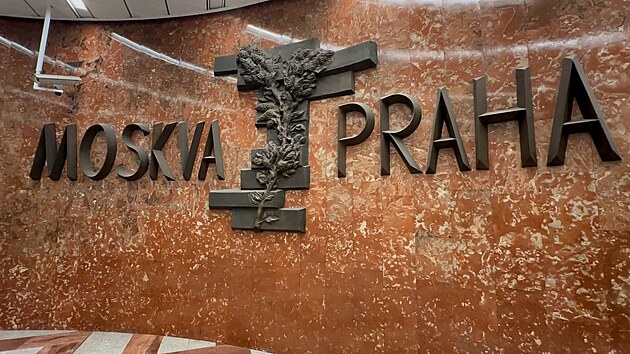Thankfully, in today’s world, the act or art of greeting people has gotten far more standardized, and is less formal and easier than ever before. Still, there are a few basics to remember. Let’s review one aspect.
Ciao vs. Ciao
In Czech and CzEnglish, many Czechs will say “ciao” when they are first greeting someone, as well as when they are also saying “goodbye”.
In American English however, things are done a bit differently.
In America, the word ciao is not often used. Instead, Americans will use words like: hello, greetings, hi, eh, yo, dude, hey, or any number of other “creative ways” to indicate that they are addressing someone.
Naturally, how close that person is and what relationship exists determines the specific kind of “greeting” one gives. In addition, certain circumstances might also determine what kind of greetings are in store, or are best appropriate.
While the word ciao does mean (according to the dictionary) both to say hello or to say goodbye, in the United States, the word ciao is used pretty much only when a person is leaving, not when you are greeting them!
This small difference between the use of the word ciao in America versus the Czech Republic is the main reason why many Americans will have that “blank look” on their face for just a moment or so when Czechs first greet them and say “Ciao.”
To many Americans, they “interpret” this to mean “goodbye,” and have to make a quick adjustment.
“Ciao, Baby”
The use of “ciao” to say “goodbye” in America became permanently ingrained in the USA’s culture thanks to Hollywood and television. It was made famous by actor Telly Savalas.
The American actor Telly Savalas, who was of Greek heritage, played in the popular American TV series, Kojak. Among the lines Savalas made famous was “Ciao, baby”, which he would say whenever he left.
Jokes of the Day: Things TV has "Proven"The following scientific facts have been proven by TV shows: 1. When foreign criminals are under arrest by the police in America and sit in jail by themselves, suddenly, they will start to speak English! 2. English is spoken by every alien race in the universe: Star Trek, Star Wars, Battlestar Galactica, and Lost In Space. 3. The Eiffel Tower is visible from EVERY window in Paris. 4. ALL bombs have large electronic gadgets on them with big, red letters so that you know exactly how many seconds are left before it explodes. 5. Cars that crash always burst into fl ames. 6. It’s always possible to fl y and land a hijacked airplane as long as there’s someone to “explain it” to you on the radio or telephone. |
Key Article Words in Englishsubsequent = následný/dodatečný
thankfully = naštestí
creative way = tvůrčí způsob
are in store = jsou k dispozici
appropriate = vhodný
the lines = citát
scientific fact =vědecký fakt
under arrest = být zatčen
alien race =mimozemský druh
are left = zbývají
always = vždycky
|
Angličtina
vychází od pondělí
do pátku.
Najdete ji také v bezplatném deníku
Metropolitní expres.

 Angličtina na iDNES.cz
Angličtina na iDNES.cz




